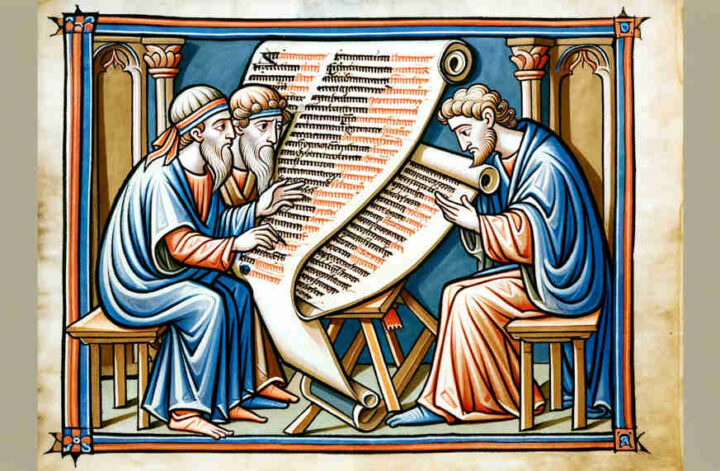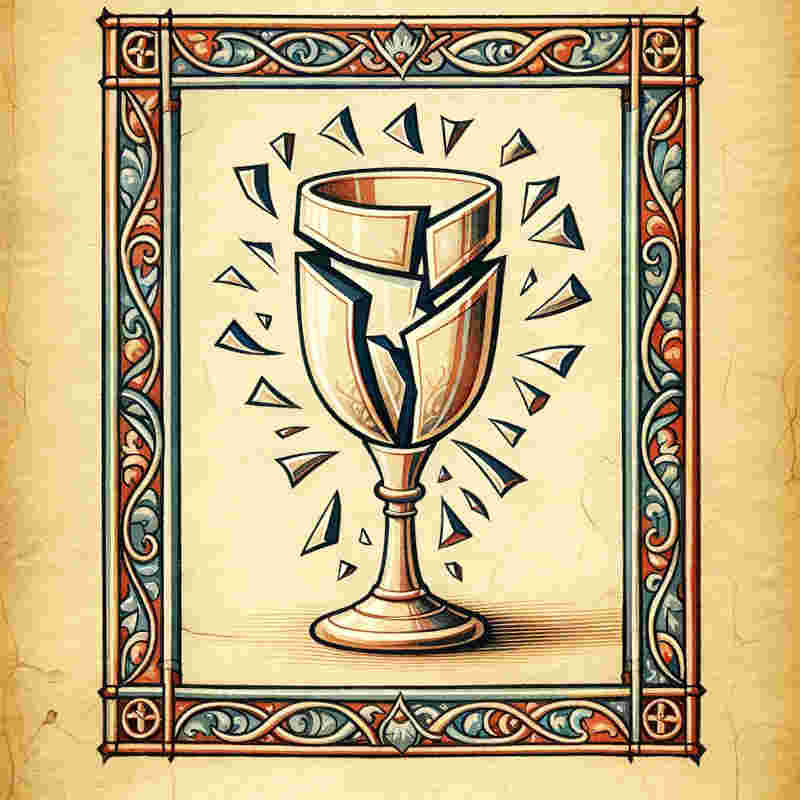Email from Isaac Cohen:
Dear Rabbi Joshua,
I’m greatly disturbed by a quote I read online: “Every goy who studies the Talmud and every Jew who helps him in it, ought to die.” It’s attributed to Sanhedrin 59a, Aboda Zora 8-6, and Szagiga. This statement has caused me significant distress, and I’m seeking clarity on whether this is really in the Talmud.
Best,
Isaac Cohen
Clarifying the Context of Sanhedrin 59a and Other Talmudic References
Dear Isaac,
Your concern about this statement is understandable, and it is important to approach such serious matters with a commitment to accuracy and context.
About the Sources: Sanhedrin 59a and Aboda Zora (Avodah Zarah) 8-6 are indeed sections of the Talmud. However, the statement you referenced is not an accurate representation of what is written in these texts. The Talmud is a complex compilation of rabbinic discussions on Jewish law, ethics, and traditions, and it requires careful interpretation within its historical and cultural context.
Context of Sanhedrin 59a and Avodah Zarah: The discussions in these sections of the Talmud deal with the relationship between Jews and non-Jews and the study of the Torah. However, the extreme statement you’ve encountered misrepresents these discussions. While the Talmud does discuss who is traditionally allowed to study certain aspects of the Torah, it does not prescribe death for non-Jews studying the Talmud or Jews assisting them.
Jewish Teachings on Learning and Sharing Knowledge: In Judaism, the study of the Torah and other texts is considered a sacred endeavor. Over time, the attitudes towards non-Jews studying the Talmud have evolved, with many contemporary Jewish scholars encouraging interfaith learning and dialogue. The sharing of knowledge and mutual understanding is valued in modern Jewish thought.
Addressing Misinformation: It’s important to be cautious of misinformation, especially when it involves ancient texts like the Talmud. When encountering troubling claims, it’s crucial to consult knowledgeable scholars and reliable sources to understand the true teachings and context of these complex discussions.
In conclusion, Isaac, the statement you’ve read does not accurately represent the teachings of the Talmud. The Talmud, in its true context, does not advocate for such extreme measures against those who seek to study or share its wisdom. I hope this clarification brings you some relief and a clearer understanding of the values of Jewish learning and dialogue.
With blessings and in pursuit of truth and understanding,
Rabbi Joshua



